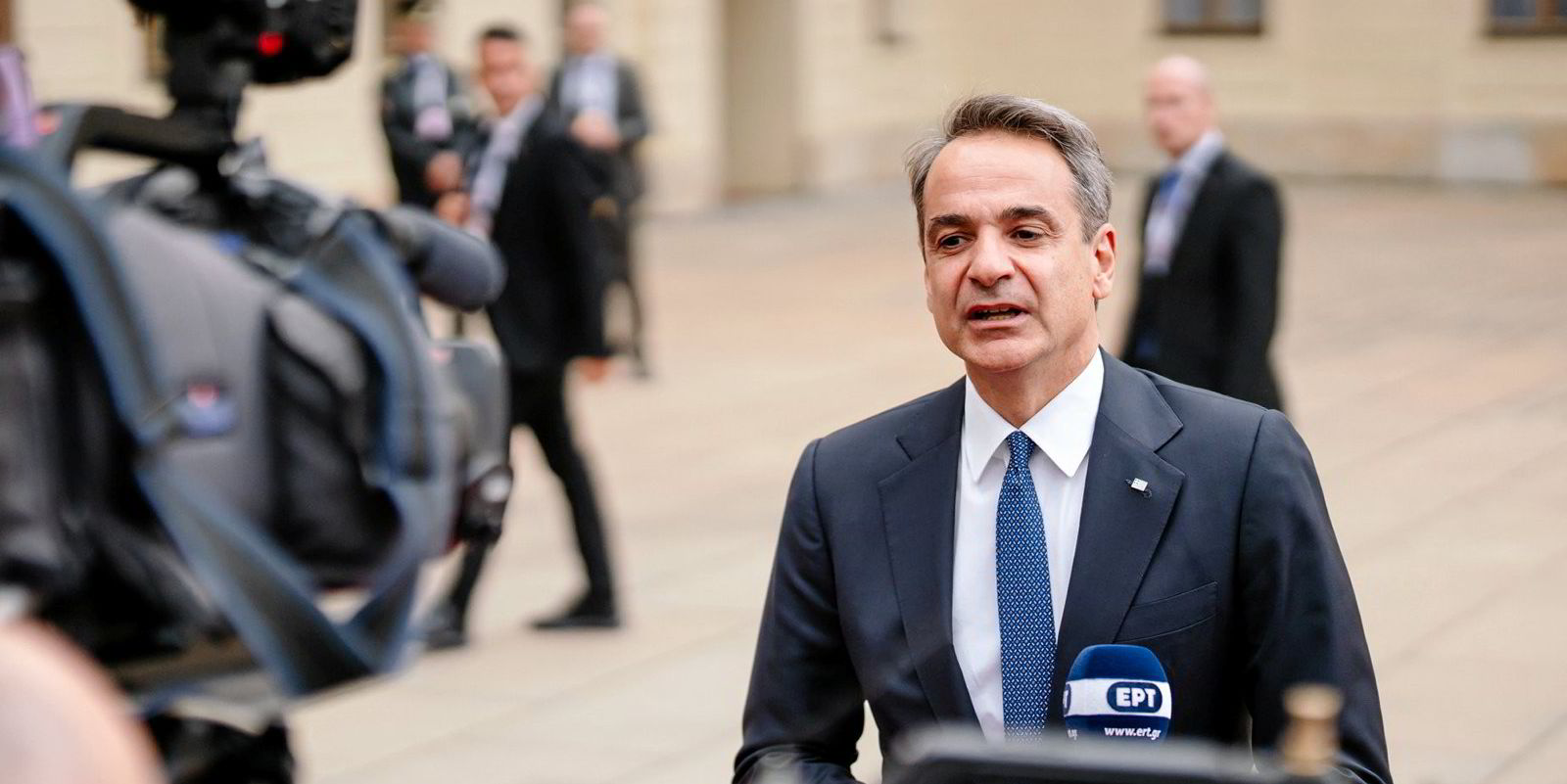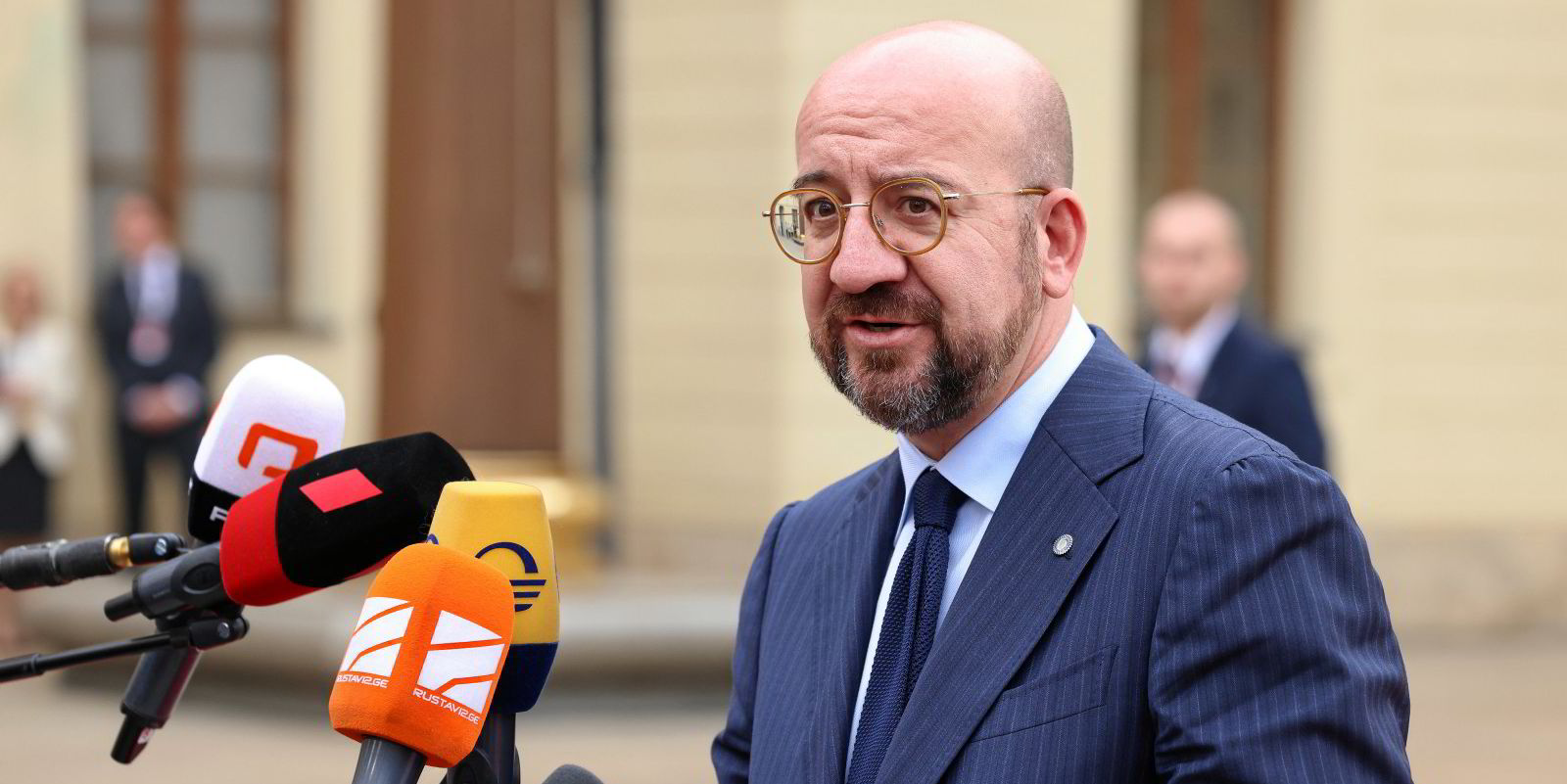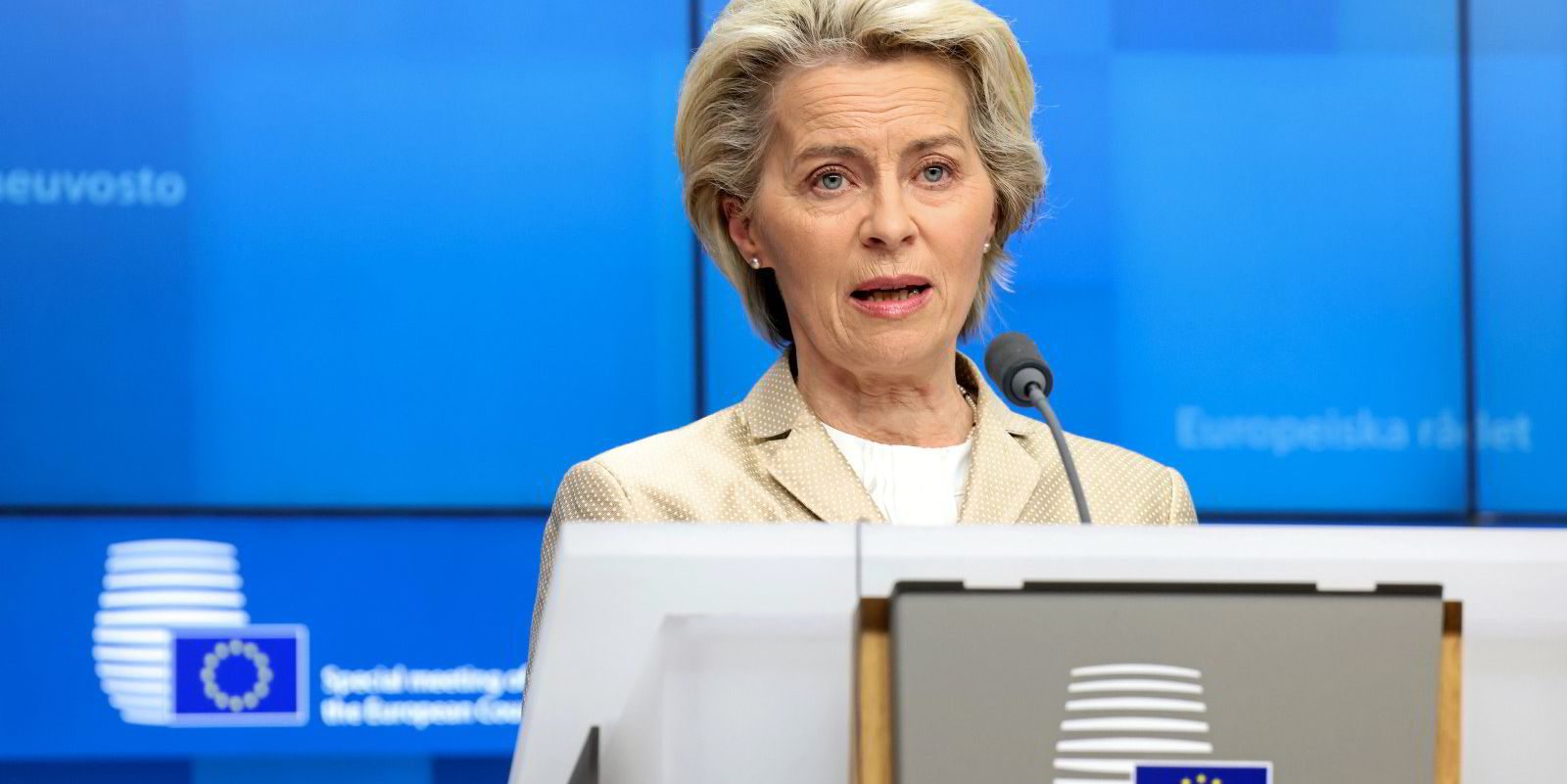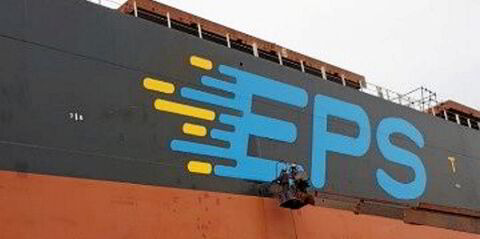The European Union unveiled on Thursday an initial set of guidelines for the price cap it intends to impose on Russian oil.
In seven paragraphs published in the Official Journal of the EU, the 27-nation bloc’s European Council reaffirmed its intention to bar its shipowners, brokers, insurers and bankers from engaging in Russian oil transport to non-EU countries, unless Moscow sells the crude below a cap that has still to be determined.
According to the text of the new regulation, however, the measure hinges on several conditions.
First, a price cap must be set by a so-called “Price Cap Coalition”. The council text doesn’t determine that group but this can be safely assumed to mean the EU, the US, the UK and other members of the G7 group of major economies that have already approved the measure in principle.
Second, the EU’s oil price cap must be confirmed by a separate, future decision by the European Council — the EU’s top decision-making body representing the bloc’s 27 governments.
The European Council usually requires unanimity to take such decisions. Furthermore, the legislative text published in the Official Journal, sets out several criteria that has to be met before governments approve the measure.
“In deciding whether to introduce that price cap, the council will take into account the effectiveness of the measure in terms of its expected results, international adherence to and informal alignment with the price cap mechanism, and its potential impact on the Union and its Member States,” the council said in the regulation.
That carefully phrased paragraph seems to reflect reservations and concerns signalled about the measure by maritime nations such as Greece and Cyprus.
The two countries’ shipping ministers warned last week that any oil price cap should take into account shipping’s particularities.
Greek shipping minister Yannis Plakiotakis and his Cypriot counterpart Vassilios Demetriades said that, if mishandled, the measure could lead to deflagging and shrink the EU-controlled commercial fleet.
Separately, several shipping executives warned that their companies can be hardly expected to be able to verify the price at which their charterers or shippers have acquired the Russian oil and that the latter could also provide fake attestations.
According to the EU text published on Thursday, attestations will lie at the very heart of the planned cap system.

“The price cap mechanism would rely on an attestation process that would enable operators in the supply chain of seaborne Russian oil to demonstrate that it has been purchased at or below the price cap,” the council said in the text.
According to the text, the European Commission — the EU body in charge of drafting and enforcing EU law — promises to “issue guidance to specify the practical aspects of the price cap application, in order to facilitate uniform application and enable a level playing field in the Union and globally”.
The commission plans to hold meetings with EU member states and “representatives of the affected industries” before the measure is introduced, in order to make it applicable.
Such meetings would be repeated even after eventual implementation to review the mechanism.
Participants to those meetings would “assess, inter alia, potential circumvention practices of the price cap, such as deflagging of vessels, and their impact on the effectiveness of the price cap mechanism” and propose “appropriate solutions”.
Once a system is up and running, however, sanction busters can expect tough penalties, including life-long exclusion from insurance.
“In the event that a vessel under the flag of a third country has transported Russian crude oil or petroleum products purchased at a price above the price cap, it should be prohibited to provide technical assistance, brokering services, financing or financial assistance, including insurance, related to any transport in the future by that vessel of crude oil or petroleum products,” EU Council said in the legislation.
Exemptions from the oil price cap are tightly circumscribed.
“Specific projects, which are essential for the energy security of certain third countries may be exempted from the price cap,” the council said.
“That exemption should be time-limited, in order to ensure that it remains appropriate, and can be renewed, if justified by the third country’s energy security needs.”





